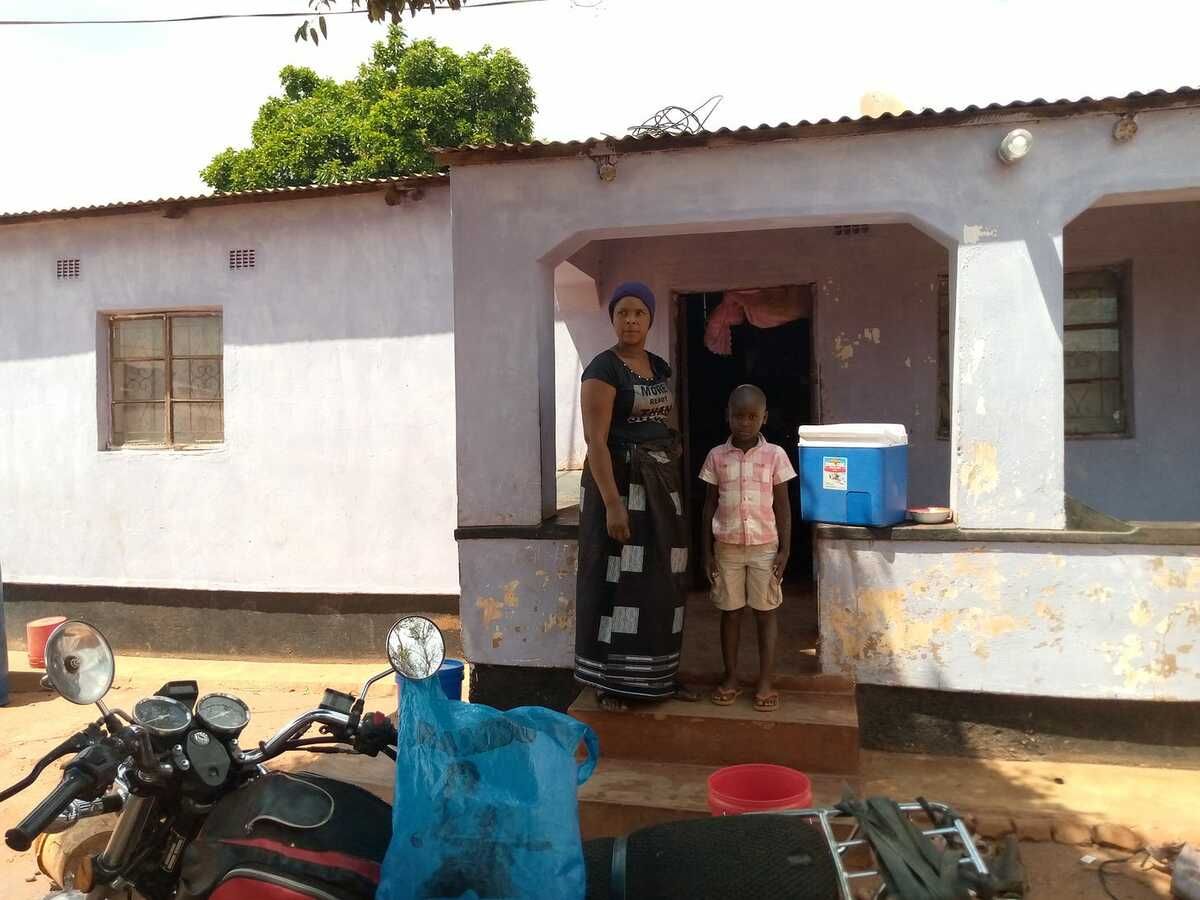
By Roselyn Phiri, Mana
Malawi: Malawi continues to suffer from frequent power outages despite having the potential to be an energy self-sufficient country.
Aside from waterfalls, the country experiences intense sunlight and high wind speeds in some districts, which can be used to generate electricity.
Unfortunately, despite such natural endowments, the country produces electricity that can barely meet its energy needs due to the underutilization of more reliable green energy sources.
In most cases, the use of green energy is limited to individual users or small communities, such as the solar power plant that powers Likoma and Chizumulu islands, a solar mini-grid in Mchinji that produces 80 kilowatts (kw), and a JCM power 60 megawatts (MW) solar power plant in Salima.
Thomas Zgambo, a solar energy user in Lilongwe's Area 23, attests to the benefits of using solar energy. He claims it is a very dependable method of producing electricity because the sun shines almost every day.
“Solar energy is the best source of electricity. Issues of blackouts is not our concern because we always have solar power which we use for lighting, cooking and operating our television set,” he says.
Annie Nyendwa's house in Sitolo Village, Mchinji's Traditional Authority Mlonyeni, is one of 674 households benefiting from the 80 kw Sitola solar mini-grid. She claims the mini-grid has changed her life.
“My life has been greatly transformed by this solar mini-grid. I run freezes making business and maize mill from the electricity. My business has grown in the two years that the min grid has been operating,” said the mother of four.
Zgambo, on the other hand, sees a lack of expertise and long-lasting solar equipment as a major impediment to using solar power.
“One needs to be a qualified technician to install solar electricity and good quality equipment to enjoy solar power. At one time my solar equipment exploded due to poor installation,” said Zgambo.
Mathews Malata, an environmental activist, observes that Malawi has favourable climatic conditions for harvesting solar energy.
He believes that the country should invest in solar power plants in the lower shire and lakeshore districts.
Malata believes that the government should create mechanisms to reduce the initial cost of investment in solar energy by eliminating all taxes on solar equipment.
“We have been pushing for the government to remove some of the taxes. They did at some point but it did not translate into taking down the prices. We are still urging the Ministry of Finance to come up with mechanisms that will see more people being able to buy solar panels. They should consider removing import duty, exercise duty and not just the VAT,” said Malata.
Upile Kamoto, a spokesperson for the Ministry of Energy, says the ministry has a strategy in place to promote the use of renewable energy.
She claims that they conducted feasibility studies on potential wind, geothermal, and hydropower generation sites, the majority of which are available for private sector investment as independent power producers or in collaboration with the government.
“Government has waived duty on the importation of renewable generation systems to reduce capital cost for installation of renewable energy systems,” she says.
Kamoto also stated that the government has made generation available to the private sector.